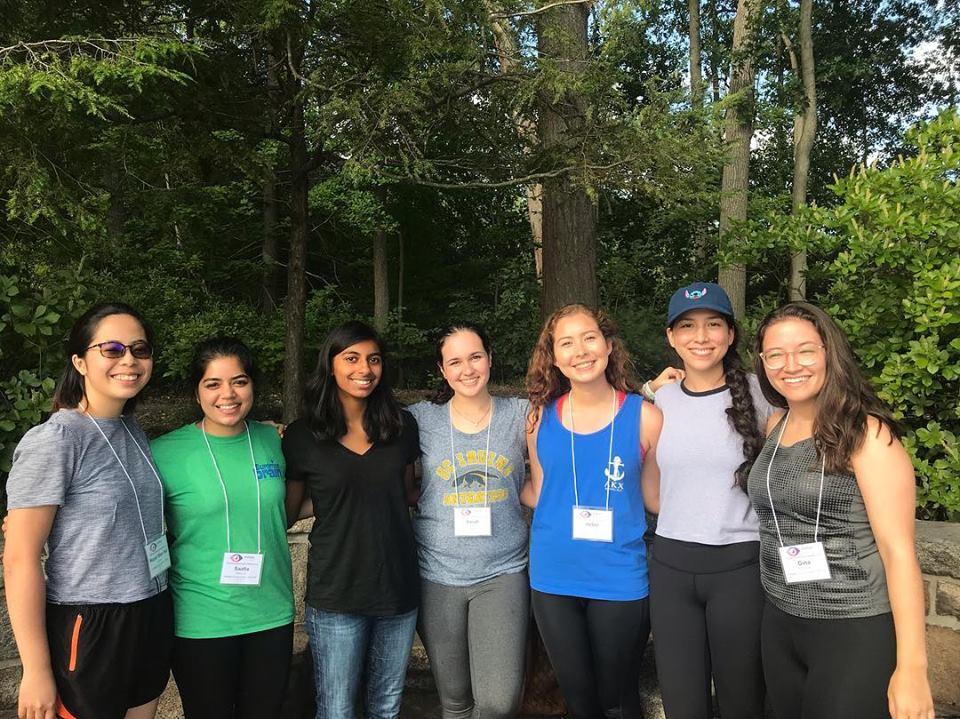On Nov. 11, College Government President Kimberly Chia Yan Min ’19 announced the creation of an ad-hoc student committee designed to contribute to discussions about the new student demonstration policy. The committee will work in conjunction with Dean Sheilah Horton, Wellesley’s vice president and dean of students, to revise the controversial demonstration policy that was proposed, and eventually dissolved, at the start of the academic year.
Consisting of four cabinet members, two senators, six students from the general student body and one Honor Code Council member, the committee was officially assembled on Nov. 15. CG senators selected senators and student committee representatives from a pool of candidates that submitted applications online. Current committee members include CGP Kimberly Chia Yan Min ’19, Chief Justice Maya Nandakumar ’19, Multicultural Affairs Coordinator Hazel Wan Hei Leung ’20, CPLA Chair Ninan Pollock ’20, Honor Code Council member Kelsey Dunn ’21, Senator Caroline Alt ’21, Senator Jenna Hua ’22, and students Daniela Kreimerman-Arroyo ’19, Madeleine Wood ’19, Casey Melton ’19, Sophie Hurwitz ’21, Irena Preja ’21 and Becky Finkelstein ’21.
The students who are part of this committee will play an integral role in determining what is included in the revised demonstration policy, and ultimately how it is implemented. Speaking about the policy, Chia is most concerned with the restrictions it places on students. “My chief questions about the policy – which do stem from concerns – are regarding the demands it places on students who do want to hold a demonstration,” she said.
The original demonstration policy was dissolved, in part, because it lacked any student contribution. The original policy required students organizers to talk to Campus Police at least five days in advance of any demonstration to coordinate location and safety procedures. In addition, it prohibited any demonstrations that obstructed “essential college operations” and allowed Wellesley Town Police to intervene in cases of student protest under certain conditions.
In a revised edition, students had the option of talking to a Dean instead of Campus Police, but most of the essential aspects of the policy remained the same. However, even that policy did not have any student input, and was again dissolved by the start of the school year. Chia expressed concern that the requirement to meet with a Dean or Campus Police before a protest might not be possible for students. “Can these demands (e.g. registering a demonstration beforehand, scheduling a meeting with campus police and/or a Dean) realistically be met at this present moment?” she asked.
Chia was also concerned with the original policy’s ambiguity about who would be administering the policy and disciplining students who break it. She states, “I think the role that those who are part of administering this policy needs to be clearly defined – besides defining what counts as being ‘disruptive,’ who is in the position to determine this?”
In her email to the student body at the beginning of the semester, President Johnson recognized the importance of student input to the discussion. “The process of drafting a final version of the policy will be a broadly consultative one, with opportunities for our community to give input and advice,” she states. Though plans are tentative, the group hopes to have a revised policy by the end of the fall semester.






